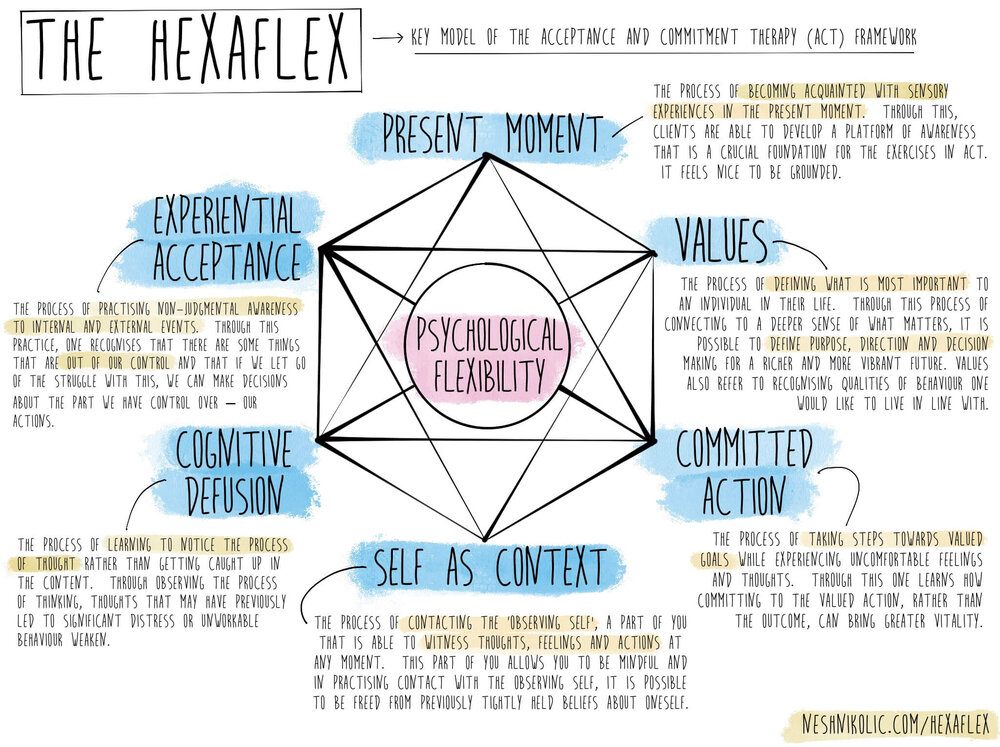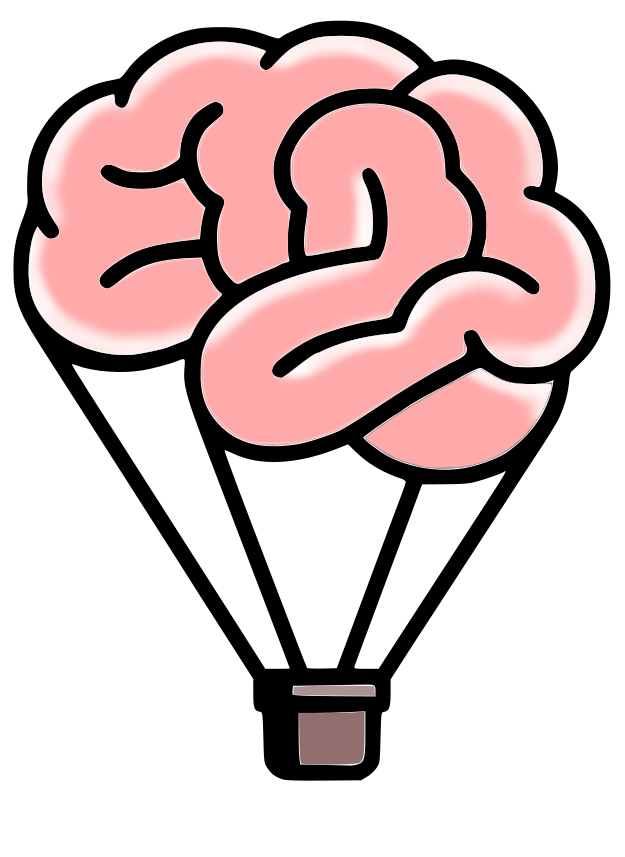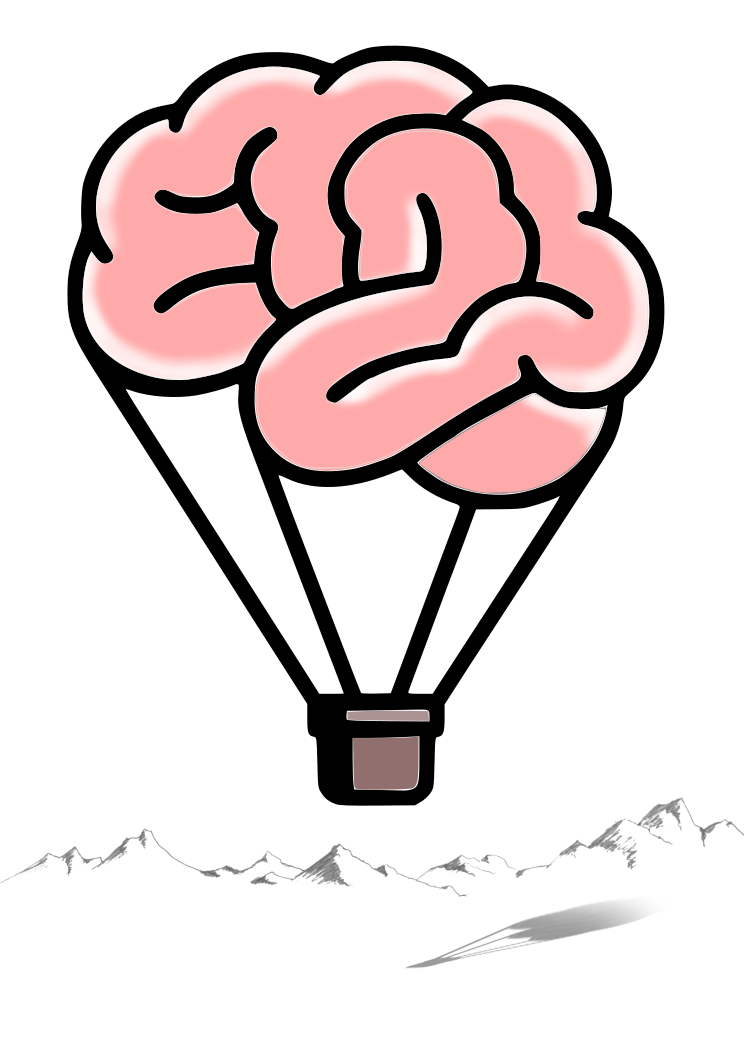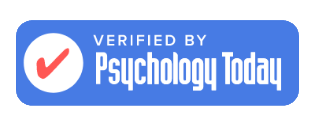
We rely on the following resources to help you with the process of therapy. At some point during our work together you are very likely to hear us talk about these books, apps, and websites.
The readings shared are more than just a simple resource.
Bibliotherapy is a therapeutic approach employing books and other forms of literature, typically alongside more traditional therapy modalities, to support a patient’s mental health. Though the books recommended by therapists can encompass any genre or theme—from philosophy to memoir to self-help—bibliotherapists typically make use of fiction.
Reading specific pieces of literature and talking about them with a therapist (or in a group therapy setting) is thought to help patients understand perspectives other than their own, make sense of a difficult past or upsetting symptoms, or experience feelings of hope, contentment, and empathy. More generally, reading is also thought to improve self-esteem, self-awareness, and feelings of self-efficacy.
For more on this topic, click on this linked sentence to check out more at Psychology Today.
You are welcome to pick up any resource shared at anytime, even if we haven’t mentioned them (in no particular order):
Readings
LINK: Man’s Search for Meaning
One of the stand out lessons in Man’s Search for Meaning is found on page 115 (in the text copy), where Frankl argues that meaning has to be located outside of ourselves. Our “why” has to be discovered in the world rather than purely inside our heads. He says it like this, “Being human always points, and is directed, to something, or someone, other than oneself – be it a meaning to fulfill or another human being to encounter.”
One interpretation of what he’s saying: he’s inviting us to let go of our obsession (it is even called an addiction) to ourselves and of values centered ONLY in self, things like self-realization, self-improvement, and yes, even happiness. Instead, Frankl urges us to focus on meanings that lie outside the boundaries of our own thoughts.
That being said, it is also also necessary to center some values around things that live within each of us, things like authenticity and integrity, for example. Frankl’s invitation is a good starting place, but not the end-all-be-all of what you can provide as an answer to the questions “what do you want? / who and what matters most to you?” Can a balance between self improvement and finding happiness/meaning be struck?
Man’s Search for Meaning, Viktor Frankl
LINK: Lost Connections
Johann Hari was 18 when he took his first antidepressant. That morning he had visited a doctor and explained how, ever since he was small, he had battled with feelings of overwhelming sadness. When he wasn’t taking himself off to cry quietly, an anxious monologue would be running in his head. “Get over it,” it would say, “stop being so weak.” The doctor was reassuring, explaining that these feelings were to be expected since Hari was one of many people whose brain had depleted levels of serotonin. And so he prescribed some pills that would restore the balance. As Hari swallowed his first tablet, he says, “it felt like a chemical kiss”.
It wasn’t until he was in his 30s that he thought of all the questions that first doctor had not asked, such as: what was his life like? What was making him sad? What changes could be made to make life more tolerable? The push and pull between “reactive” depression (the kind that relates to our environment and life experience) and “endogenous” depression (where something goes wrong in the brain) forms the basis of Lost Connections, an eye-opening, highly detailed though sometimes frustrating investigation into the causes and cures of anxiety and depression.
Lost Connections, Johann Hari
LINK: The Happiness Trap (links to a free copy of the Intro and Chapter 1)
Just suppose for a moment that almost everything you believed about finding happiness turned out to be inaccurate, misleading or false. And suppose that those very beliefs were making you miserable. What if your very efforts to find happiness were actually preventing you from achieving it? And what if almost everyone you knew turned out to be in the same boat—including all those psychologists, psychiatrists and self-help gurus who claim to have all the answers?
The joyful message in these pages is that there is no reason to continue to wait for life to start. That waiting game can end. Now. Like a lion placed in a paper cage, human beings are generally most trapped by the illusions of their own mind. But despite the appearance the cage is not really a barrier that can contain the human spirit. There is another way forward, and with this book Dr. Harris shines a powerful and loving beacon forward into the night, lighting that path.
The Happiness Trap, Russ Harris
LINK: A Liberated Mind
Written by the founder of Acceptance and Commitment Therapy (ACT), Steven C. Hayes, this book lays out how to develop psychological flexibility. These skills have been shown to help even where other approaches have failed. Science shows that they are useful in virtually every area—mental health (anxiety, depression, substance abuse, eating disorders, PTSD); physical health (chronic pain, dealing with diabetes, facing cancer); social processes (relationship issues, prejudice, stigma, domestic violence); and performance (sports, business, diet, exercise).
How does psychological flexibility help? As humans, we struggle because the problem-solving mind tells us to run from what causes us fear and hurt. But we hurt where we care. If we run from a sense of vulnerability, we must also run from what we care about. By learning how to liberate ourselves, we can live with meaning and purpose, along with our pain when there is pain.
Despite the name overlap with this website this book has no direct connection to us. In fact, when we registered our domain we had forgotten about the title Dr. Hayes used—though we had read the book prior to picking a name for our therapy practice (I’m sure the name was rattling around in our subconscious); given that we rely upon Acceptance Commitment Therapy as the principal approach to therapy this book is a perfect fit for anyone wanting to know a bit more about the processes we are striving to help you achieve during our time together.
A Liberated Mind, Steven C. Hayes
LINK: The Seven Principles for Making Marriage Work
The Seven Principles for Making Marriage Work, John M. Gottman
LINK: The Sleep Book
In the The Sleep Book, Dr. Guy shares his unique five-week plan to cure your sleep problem whether it’s a few restless nights or a lifetime of insomnia. Most people who have trouble sleeping invest a huge amount of time, effort and money into fixing the problem, but Dr. Guy has discovered the secret lies not in what you do, but what you learn not to do. In fact, as you will have discovered, the more frustrated you become only serves to push sleep further away.
The Sleep Book is the sum of a doctorate degree in sleep and well over 12,000 hours spent working with more than 2,000 insomniacs in one-to-one clinics, workshops and retreat environments.
Some practical tips to improve your sleep hygiene (the book is about much more than this list; these items will help as you work to improve your relationship with sleep):
1) Take morning or early afternoon walks.
2) Engage in good rest throughout the day (scrolling on social media or watching TV or movies all day don’t count).
3) Use a light box if you can’t go outside.
4) Change your perspective about waking up in the middle of the night.
5) Make sure your sleep environment is ideal for, well, sleeping (i.e. comfortable temperature, little-to-no light, minimal noise, etc.).
6) Wake up and go to bed at the same time every day (Yes! Even during the weekends, sleep debt doesn’t care that it’s a weekend. Just Google: “Social Jet Lag”).
The Sleep Book, Guy Meadows
LINK: Meditation for Fidgety Skeptics: A 10% Happier How-to Book
Science suggests that meditation can lower blood pressure, mitigate depression and anxiety, and literally rewire key parts of the brain, among numerous other benefits. And yet there are millions of people who want to meditate but aren’t actually practicing. What’s holding them back?
In Meditation for Fidgety Skeptics, Dan and his friend Jeff Warren, a masterful teacher and “Meditation MacGyver,” embark on a cross-country quest to tackle the myths, misconceptions, and self-deceptions that stop people from meditating. They rent a rock-star tour bus and travel across eighteen states, talking to scores of would-be mediators—including parents, military cadets, police officers, and even a few celebrities. They create a taxonomy of the most common issues (“I suck at this,” “I don’t have the time,” etc.) and offer up science-based life hacks to help people overcome them.
The book is filled with game-changing and incredibly practical meditation instructions. Amid it all unspools the strange and hilarious story of what happens when a congenitally sarcastic, type-A journalist and a groovy Canadian mystic embark on an epic road trip into America’s neurotic underbelly, as well as their own.
Meditation for Fidgety Skeptics, Dan Harris, Jeff Warren, Carlye Adler
LINK: Peace Is Every Step
In this book Thich Nhat Hanh shows us how to make positive use of the very situations in our daily life that usually pressure and antagonize us. The most profound satisfactions, the deepest feelings of joy and completeness lie as close at hand as our next conscious breath and the smile we can form right now. For him a ringing telephone can be a signal to call us back to our true selves. Dirty dishes, red lights, and traffic jams are spiritual friends on the path to “mindfulness”—the process of keeping our consciousness alive to our present experience and reality.
Peace Is Every Step, Thich Nhat Hanh
Workbooks
LINK: The Mindfulness and Acceptance Workbook for Anxiety
Is anxiety and fear a problem for you? Have you tried to win the war with your anxious mind and body, only to end up feeling frustrated, powerless, and stuck? If so, you’re not alone. But there is a way forward, a path into genuine happiness, and a way back into living the kind of life you so desperately want. This workbook will help you get started on this new journey today!
The Mindfulness and Acceptance Workbook for Anxiety, John P. Forsyth, Georg H. Eifert
LINK: The Mindfulness and Acceptance Workbook for Depression
If you suffer from depression, you may feel like you are living under a perpetual rain-cloud, even when it’s sunny outside. If left untreated, clinical depression can damage relationships, cause problems at work, lead to substance abuse, and even make it more difficult to overcome physical illnesses. You may feel too tired and scared to reach out for help, or you may try to avoid your feelings altogether. But you should know that there are little, effective ways you can overcome your depression, one day at a time.
The Mindfulness and Acceptance Workbook for Depression, Kirk Strosahl, Patricia J. Robinson
LINK: ACT Worksheets from Dr. Russ Harris
The Complete Set of Client Handouts and Worksheets from ACT books by Russ Harris 2018.
The Happiness Gap Extra Bits, Russ Harris
LINK: The Mindful Self-Compassion Workbook
Are you a lot kinder to others than you are to yourself? Do you struggle with accepting and supporting yourself? Could you use more self-compassion? If so, this workbook is for you. Research shows that self-compassion is one of the most powerful tools we have at our disposal to create health and happiness. Self-compassion motivates us to achieve our goals, cope with adversity, take responsibility for our actions, and care for others in a sustainable way. In 2010 Kristin Neff – the world’s leading expert on self-compassion – teamed up with clinical psychologist Chris Germer – a leader in the integration of mindfulness and psychotherapy – to create the empirically supported eight-week Mindful Self-Compassion (MSC) program. Since that time MSC has helped tens of thousands of people around the globe. Studies show that MSC leads to long-term gains in emotional and physical well-being. Written in an easy-to-read format, this book contains most of the exercises and practices from MSC, plus several bonus practices. You can use this book while taking an MSC course or under the guidance of a therapist, but it is primarily designed to help you learn self-compassion on your own. The seeds of self-compassion already lie within in you—this workbook will help you uncover this inner resource and transform your life.
The Mindful Self-Compassion Workbook, Kristin Neff
Meditation Apps
Paid
The paid apps tend to have more content/options (I think Jeff Warren is one of the best contemporary meditation teachers, you can find him on 10% as well as Calm):
- Ten Percent Happier*
*great place to start for people new to meditation. - Calm
- Unwinding Anxiety**
**great for using mindfulness/meditation for anxiety. - Headspace
- Serenity
Free
If you want to check out meditation before committing funds to one of the paid content providers, the Medito Foundation has a great app that is growing and while not as rich in content is a nice free entry into app/guided meditation:
If you are willing to give meditation a go, you might wonder if there is a direction you need to be heading; i.e., what is the purpose behind increasing the minds ability to be Clear, Focused, and Equanimous? These three skills are worthy goals, but are they enough? Likely, no!
We agree with many meditation teachers who remind us that it is vital to include Friendliness/Kindness as a necessary part of a meditation practice.
It is 100% true that values are individual to the person and that some people may not want to adopt values that require some form of kindness. Given our mission to increase Clarity, Focus, Equanimity & Kindness, should you identify values supporting any form of harm to self or others, we will likely refer you to another therapy practice.
For more on why we feel kindness is an essential part of mindfulness please read the following short articles:
Link: When Meditation Makes You Generous (and When It Doesn’t)
Michael J. Poulin, Berkeley Greater Good Blog
Link: A Sniper’s “Mindfulness”
Matthieu Ricard
Food / Diet App
The Eat Right Now® program helps you retrain your brain so you’re easily able to identify stress and emotional eating patterns, reduce food cravings, and build sustainable eating habits that feel natural.
Uncover the deeper root causes of your struggles with food and finally get off the diet roller coaster. By understanding what triggers your food cravings, you’ll learn to change your eating habits for good and shed any guilt caused by yo-yo dieting.
Websites
Link: Psychology Today
Psychology Today is among the oldest media outlets with a focus on behavioral science. Its tagline is “Here to Help” and its mission is to cover all aspects of human behavior so as to help people better manage their own health and wellness, adjust their mindset, and manage a range of mental health and relationship concerns.
Link: How to Build a Happy Life, click on Season 1
Your one-stop shop for building stronger relationships, understanding emotions, and developing practical skills to make the journey to happiness a little bit easier.
From The Atlantic
YouTube Clips
We recommend viewing the video clips in the following order:


